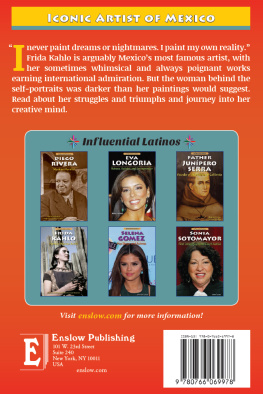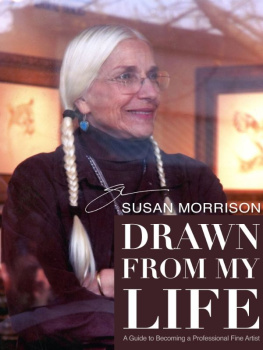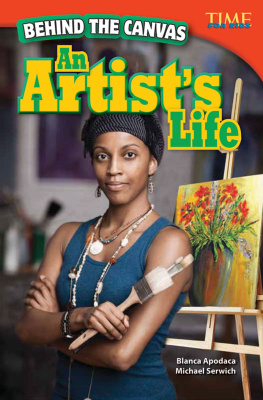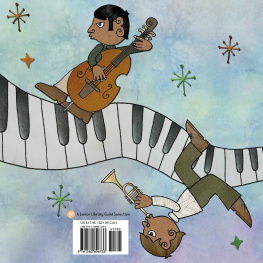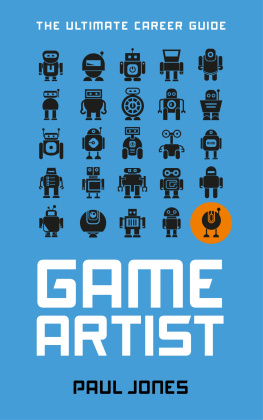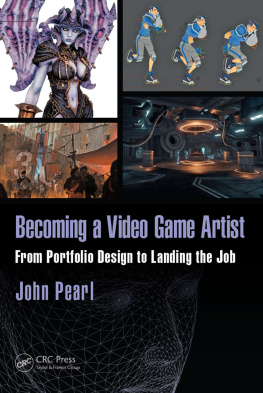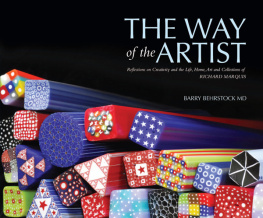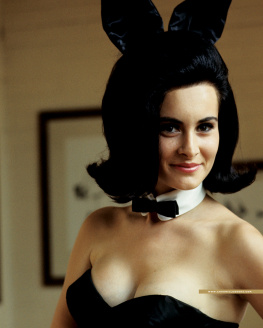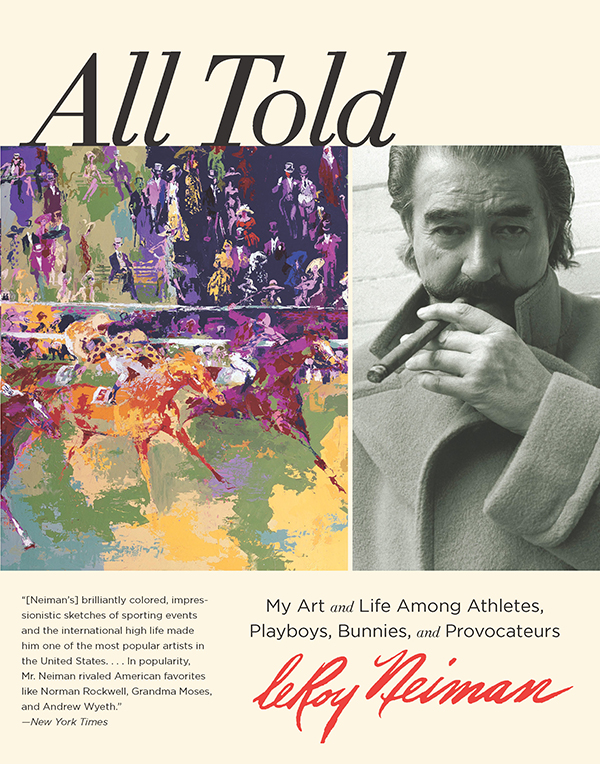M y life story begins with a headlong rush, hurtling down the road in a midnight escape by horse and buggy. Its May 6, 1919, and my mother, Lydia Sophia Serlines, seventeenth birthday. Shes eloping, bless her rebellious soul, with my father, Charles Julius Runquist. Hes forty-five years old, but that doesnt bother her. My mom wasnt choosythere werent that many eligible bachelors from which to choosethe Great War had taken a toll on the male population. Charlie was no bargain, but he was her ticket out of Braham, Minnesota, where recreation consisted of Sunday sermons, church picnics, barn dances, and brawling plow boys. The nearest movie house featuring Saturday night silents was fifteen miles down the road in Mora. Lydia just wanted to get the hell out of Dodge. Her one driving thought was to get off the farm, and away from her repressive background, and break free from the puritanical shackles of her Minnesota farm kin. Not even Samuel Beckett could have imagined anything so bleak as the dialogue between two Scandinavian farmers meeting at a crossroads. My mother knew she had to get out of Braham, and fast.
That mustve been one of the last American elopements by horse and buggyits like something out of a Western. In fact, the Wild Westwhich actually took place in the Midwesthad only ended a few years earlier. Bat Masterson died the year I was born. Frank, Jesse Jamess brother, had died in 1915 and Buffalo Bill two years later; Annie Oakley went to the big roundup in the sky in 1926; and Wyatt Earp joined her the year of the stock market crash. Tom Mix made it all the way to 1940 and into the movies, to boot. Charlie Runquist was no cowboy, but he drank like an old cowhand and led a rough life. I liked him well enough, but he was no role model.
Lydia is urging on the horses, sitting next to my wayward, devil-may-care dad, and theyre both heading for the bright lights of Duluth, Minnesota. Duluth wasnt exactly the big city, but it would doeven though there were too many Norwegians and it was too cold. It was so cold that the water on Lake Superior froze into waves, just like in a Hokusai print.
The honeymoon in Duluth was short-lived. Charlie wasnt exactly what he appeared to be. He was more drifter than dedicated dad, his prospects were none, and the buggy, it turned out, was on loan from Charlies wildly successful brother, John, who had raised himself from teenage horse trader to big-time railroad contractor. Charlies only contribution to the marriage was to sire three kids in quick succession. My brother Earl arrived in 1920, followed by me on June 8, 1921. Our sister, little Phyllis Mae, died at three months without even a photograph to claim her existence. By then Charlie had left to pursue his former life of drifting and carousing, managing draft horses, and, when his luck ran out, working for brother John.
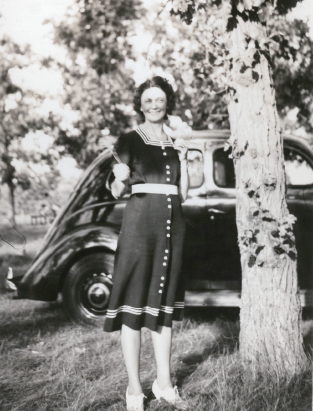
My mother, Lydia. Authors Collection
Charlie had been a disappointment and Duluth a bustnot exactly the city of Lydias dreams. When she made up her mind that things were going to change, Lydia didnt fool around. She set off on a quest for a better life, heading downstate to St. Paul/Minneapolis, a city so big it needed two names. She was a young girl with two small boys in tow, no financial support from Charlie, and nothing but pity from her family, but she was determined. Overnight, she went from farm girl to full-blown 20s child. My mother was a prime example of the new species: the flapper. She bobbed her hair, took to the Charleston, entered dance marathons, and became a real boop-boop-a-doop. She never drank and I never heard her swear, but she was always up for having fun.
Not everybody appreciated Lydias spunk, zest for life, or her changing husbands in midstream when they didnt measure up. Even if a husband was a loser, among the lower classes it was the woman who got branded when there was a divorce. Divorces were considered wanton women. My mothers rural roots and lack of education just fueled more biting gossip. Her response was to write it off as envy and cultivate her talent for turning heads. Ah, theyre just jealous, shed say, because were having so much fun and theyre not.
My mother was a reckless woman, but I loved her. She was wild and irresponsible, got married several times. Feisty, she wouldnt put up with this or that guys nonsense. She was a big influence on me. Her influence came through her independent spirit. And she was headstrong. Shed fight with the guy shed married and kick him out, just like that. Im not like thatI dont fightbut she was a freewheeling soul and thats what I got from her.
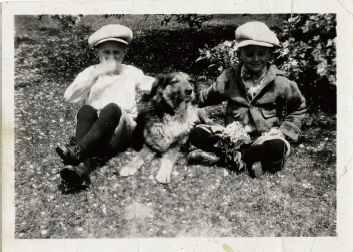
Left: Earl, age seven. Right: me, age five. April 24, 1927. Authors Collection
My mother was a kind of gypsywe were endlessly moving, and inevitably downhill. I always hung out with these rough and ready guys on the street, and I dont know why. I guess I just liked my life better that way. They were tough kidswhen they got on the street, theyd hit anybody, and I took my lumps from them, afraid of them and liked themboth.
I hung around with gangs but my brother, Earl, was different; he didnt get involved in things like that. It never appealed to him. Why my brother never hung out with me, I couldnt tell you. Why I fell in with the people I did, I cant explain either. Admittedly they had an adventurous lifestyle. I feel like my rough and tumble youth in St. Paul was similar to that of the Hollywood actors who came from the Lower East SideJewish tough guys, but really smart. When youre young, say, twenty-five or so, youve really got to walk into it, whatever it is, knowing theyre going to kick you around, lie to youits all part of the game. By the time I was in my twenties, I was comfortable with these people; I knew how to avoid certain things and also how to get into it.



